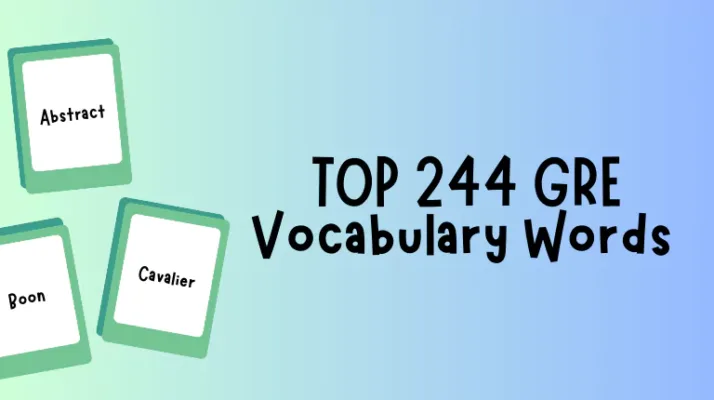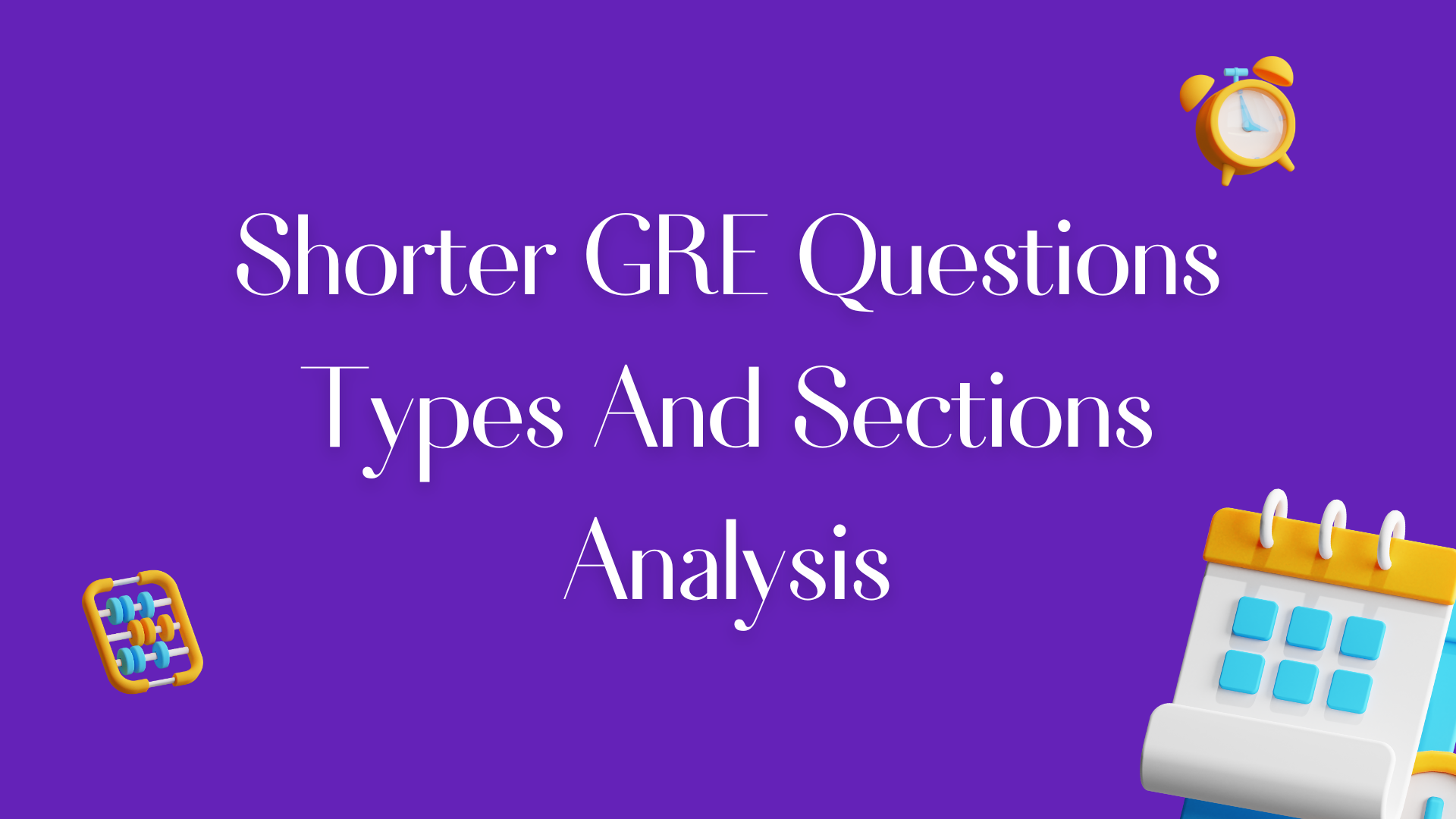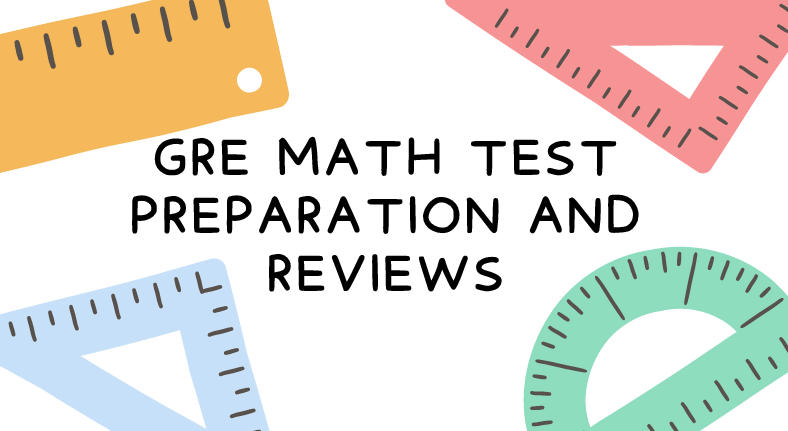A lot of us dread writing, especially when it comes to writing for an exam. But worry not, because the GRE Analytical Writing can be aced with a few tips and strategies up your sleeve.
GRE Analytical Writing
Apart from the Verbal and Quantitative skills, the GRE tests your ability to think critically about and analyze a given topic. They do not test content knowledge–for example, how much you know about the issue. The topics are such that they are of general interest or issue to the public, such as education, healthcare, a philosophical view, etc.
There is one task within the analytical writing section.
- Analyze an Issue
Watch this video for more details :
Time and Word Limit
For each of the two tasks, you will be given 30 minutes. The GRE scorers consider the short time limit and assess your essay as a first draft. Nevertheless, you have to ensure there are no persistent grammar, punctuation, or spelling errors. Occasional typos are okay and will not result in negative markings. However, always budget your time so you have at least five minutes to review any surface-level errors and typos.
Always spend the first 5-7 minutes planning your essay. Believe me, it will save you time later on. Moreover, it will make your essay more structurally sound and cohesive. Develop a rough essay structure on the spare sheets you gave during the exam. Also, remember you can always ask for more whenever you need it.
You will be given a ballpark word limit for each of your essays. Still, remember while practicing writing that ideal GRE essays (scored the highest by ETS) fall between a range of 600-750. So practice keeping a minimum of 600 as your word limit. And never exceed 1000.
Scoring
Each writing task is scored within a range of 0-6, 6 being the highest score. More details on what they put under each score are available on the ETS website.
Analyze an Issue:
Analyze an Issue is the second 30-minute task in the Analytical Writing section. In this task, you will be presented with an issue and asked about your viewpoints. This task generally tests how well you can critically think about a particular issue and from how many perspectives.
The issues the task presents are of general interest to the public. For example, your views on how technology is helping solve problems, thereby reducing human effort.
Remember that the ETS scorers do not have a “correct” answer in mind. This means that there is no YES or NO answer to the above prompt that will get you higher scores. In fact, the GRE scorers believe that there is no correct answer to these issues. They want to assess if you can also grasp the complexity of the topic and articulate it in your writing.
Here are some of the tips and strategies to ace the Analyze an Issue task:
- Consider the issue presented to you complex–therefore, no simple answer such as YES or NO can suffice. Thus, plan your answer to showcase that complexity.
- Do not begin writing immediately after reading the prompt. Brainstorm the arguments related to the issue and then begin writing.
- Consider all the agreements and disagreements or advantages or disadvantages (depending upon the instructions) to arrive at your stance or viewpoint for an issue essay.
- Use linking words such as however, nevertheless, although, moreover, etc.
- Use transition words such as firstly, furthermore, to conclude, etc.
- Remember the standard essay format when writing: begin with a general introduction to the issue with a thesis statement. This thesis statement explains your stance on the issue.
For example, if your issue is about discussing whether technology hurts the human mind, your thesis statement can say:
Even though technology helps solve problems quicker, it makes the human mind slow down.
Now that you have these tips and tricks for the GRE Analytical Writing, it is time to practice some! There is an excellent pool of issue topics on the ETS website that you can use to practice your writing.
Finally, remember while preparing to read many articles–this will help both in comprehension (which is good for the Verbal section) and the Analytical Writing section.
And do not worry about not knowing about a certain issue or topic–they are not testing you on that. Use these tips, and you will be ready to roll!









